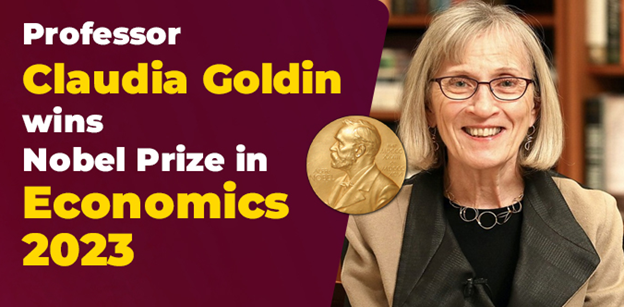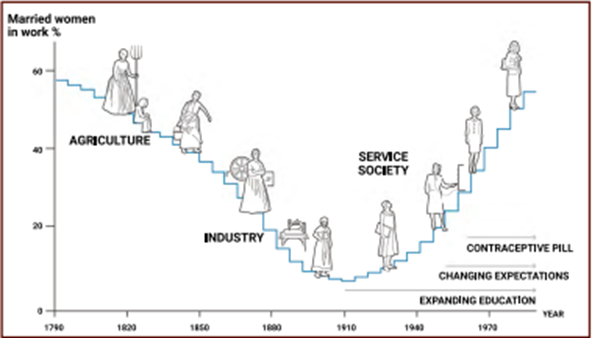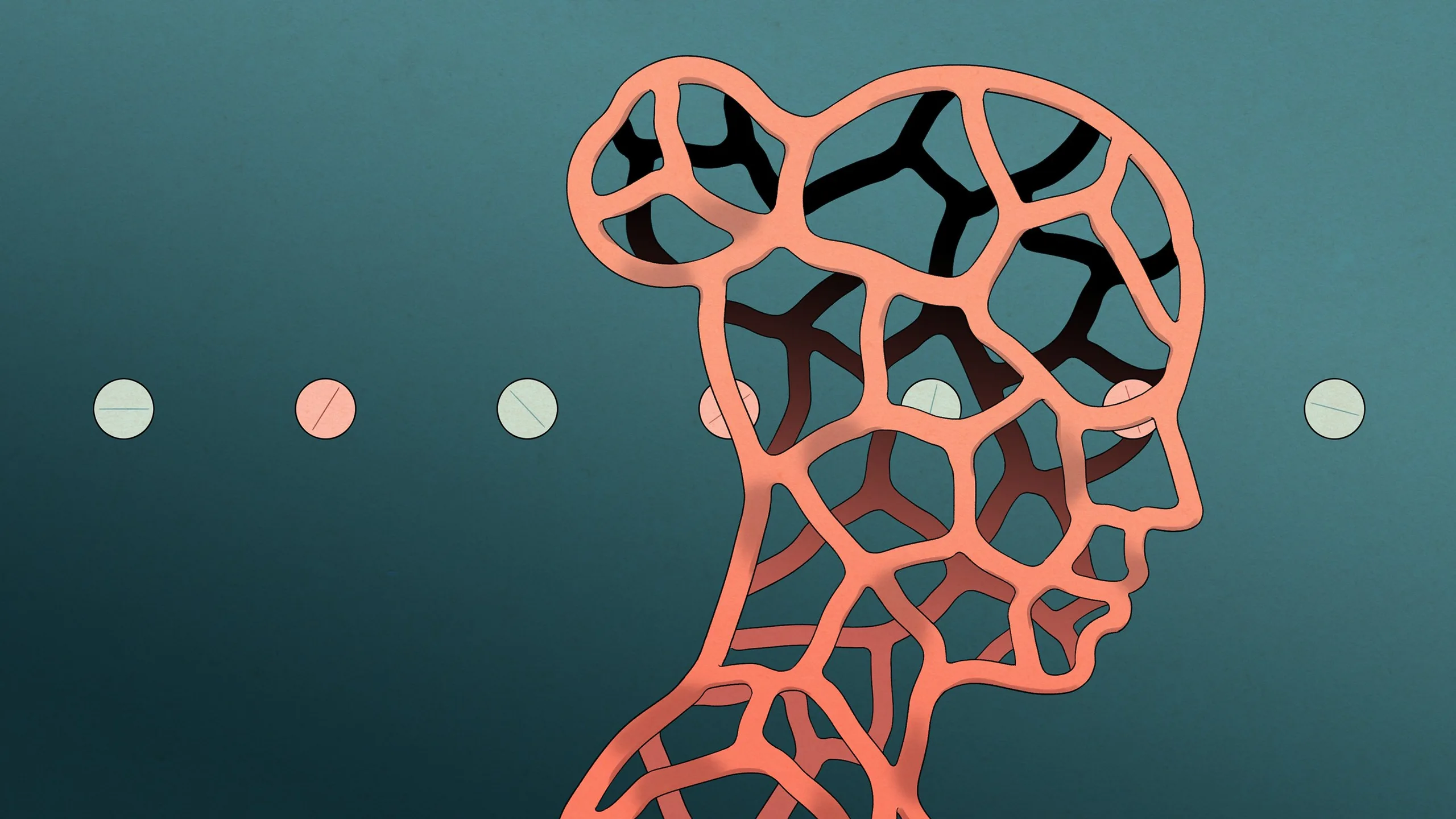- Courses
- GS Full Course 1 Year
- GS Full Course 2 Year
- GS Full Course 3 Year
- GS Full Course Till Selection
- Answer Alpha: Mains 2025 Mentorship
- MEP (Mains Enrichment Programme) Data, Facts
- Essay Target – 150+ Marks
- Online Program
- GS Recorded Course
- Polity
- Geography
- Economy
- Ancient, Medieval and Art & Culture AMAC
- Modern India, Post Independence & World History
- Environment
- Governance
- Science & Technology
- International Relations and Internal Security
- Disaster Management
- Ethics
- NCERT Current Affairs
- Indian Society and Social Issue
- NCERT- Science and Technology
- NCERT - Geography
- NCERT - Ancient History
- NCERT- World History
- NCERT Modern History
- CSAT
- 5 LAYERED ARJUNA Mentorship
- Public Administration Optional
- ABOUT US
- OUR TOPPERS
- TEST SERIES
- FREE STUDY MATERIAL
- VIDEOS
- CONTACT US
Nobel Prize in Economic Sciences 2023
Nobel Prize in Economic Sciences 2023
10-10-2023

Why in News?
Recently, Claudia Goldin, a Harvard University professor, has been awarded the 2023 Nobel Prize in Economics for her groundbreaking research on the Gender Gap in the Labor Market.

About Claudia
- Goldin, a pioneer in economic studies, has written extensively on women's roles in the economy, including Understanding the Gender Gap and Career & Family.
- Goldin is the third woman to win this honor, following Elinor Ostrom in 2009 and Esther Duflo in 2019.
Claudia’s Contribution
- Goldin provided the first comprehensive account of women's earnings and labor market participation throughout the centuries.
- Her research identifies the factors driving change and the primary causes of the remaining gender gap.
- Goldin's groundbreaking work reveals women's labor market participation and the persistent pay gap, despite women's higher education in high-income countries.
- Her research, which focused on the US, yielded findings that are applicable to numerous other countries.

Findings of Claudia’s Research Related to Women’s Participation in Workforce
- Historical Perspective: Prior to Industrialization, women were more likely to engage in agricultural and cottage industries-related economic activities.
- Role of the Services Sector: The services sector's growth in the early 20th century significantly impacted women's access to higher education and employment opportunities.
- Marriage Barriers: During the early 20th century, 20% of women were gainfully employed, but only 5% were married.
- Goldin noted that "marriage bars" legislation often hindered married women from pursuing careers as teachers or office workers.
- Despite the growing labor demand, certain segments of the labor market were largely excluding married women.
- Role of Expectations and Career Choices: The Gender Pay Gap is significantly influenced by women's expectations about their future careers.
- The experiences of mothers significantly influenced women's career choices, leading to choices that did not always prioritize long, uninterrupted, and fruitful careers.
- Role of Contraceptive Pills: The advent of accessible contraceptive pills by the late 1960s empowered women with greater control over childbirth, enabling them to plan their careers and motherhood.
- The increase in women's studies in law, economics, and medicine led to a rise in their employment opportunities.
- Role of Parenthood in Pay Gap: Despite advancements in women's education and employment prospects, a substantial gender-based pay disparity persisted.
- Despite having similar education and professions, women's earnings declined after the first child arrived, with earnings not increasing at the same rate as men's earnings.



